Common Mistakes People Make When Going Gluten-Free
5 February 2025
So, you've decided to go gluten-free? Maybe it’s due to a diagnosis of celiac disease, gluten sensitivity, or just a commitment to a healthier lifestyle. Whatever your reason, kudos to you! But let’s face it, making the switch isn’t as easy as trading regular bread for gluten-free bread. It’s easy to trip up on your gluten-free journey, especially if you don’t know the common pitfalls.
The good news? You’re not alone in this, and I’ve got your back! In this article, we’ll tackle the most common mistakes people make when going gluten-free, so you don’t fall into the same traps. Ready? Let’s dive in. 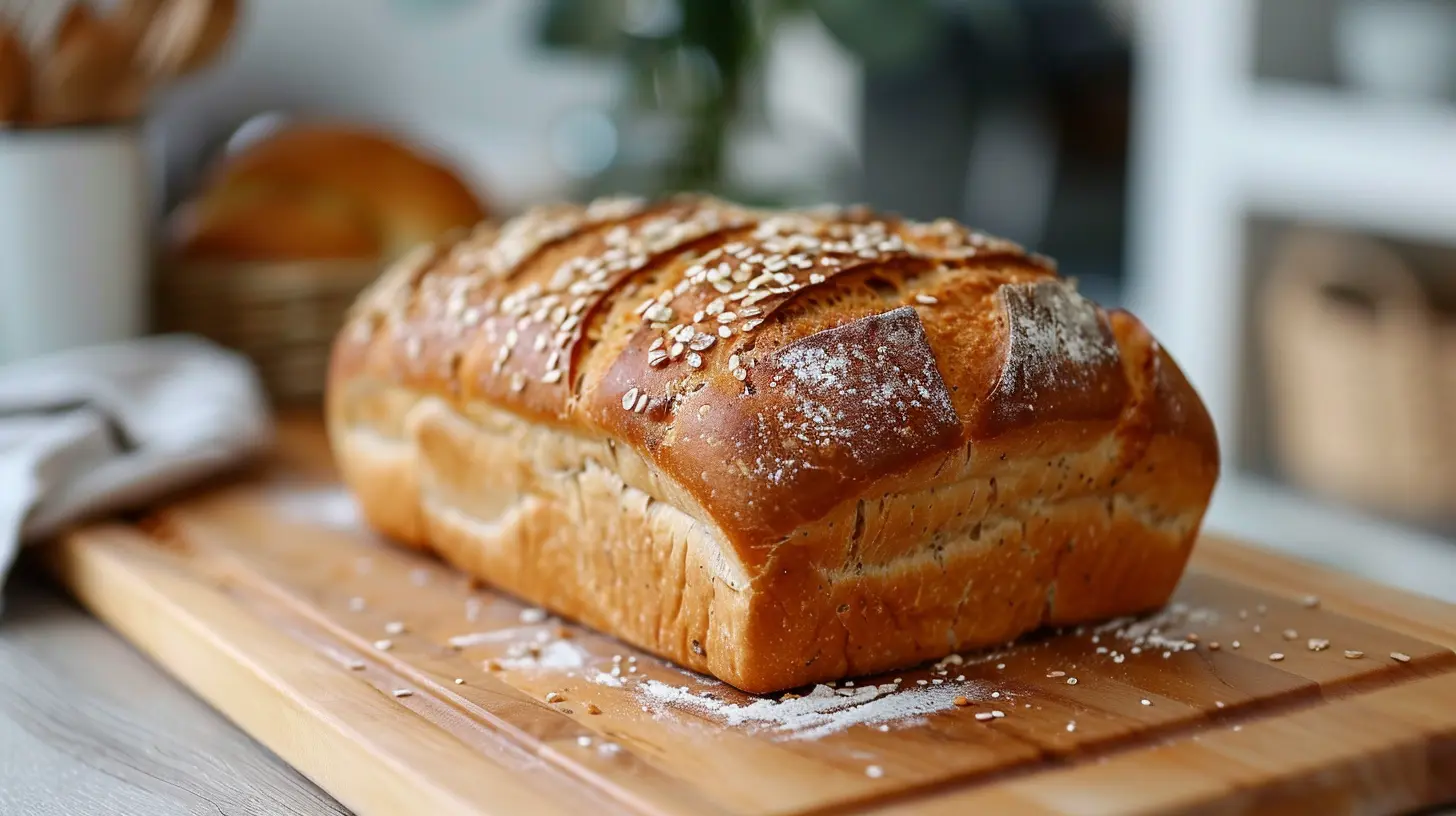
What Does It Mean To Go Gluten-Free?
First, let’s clear the air: what exactly is gluten? Gluten is a protein found in grains like wheat, barley, and rye. It’s what gives bread that soft, chewy texture we all love. Going gluten-free means cutting out foods that contain gluten entirely.But here’s the catch – gluten isn’t just in bread or pasta. It sneaks into sauces, snacks, and sometimes even things you’d never expect, like salad dressings or soy sauce. Wild, right? 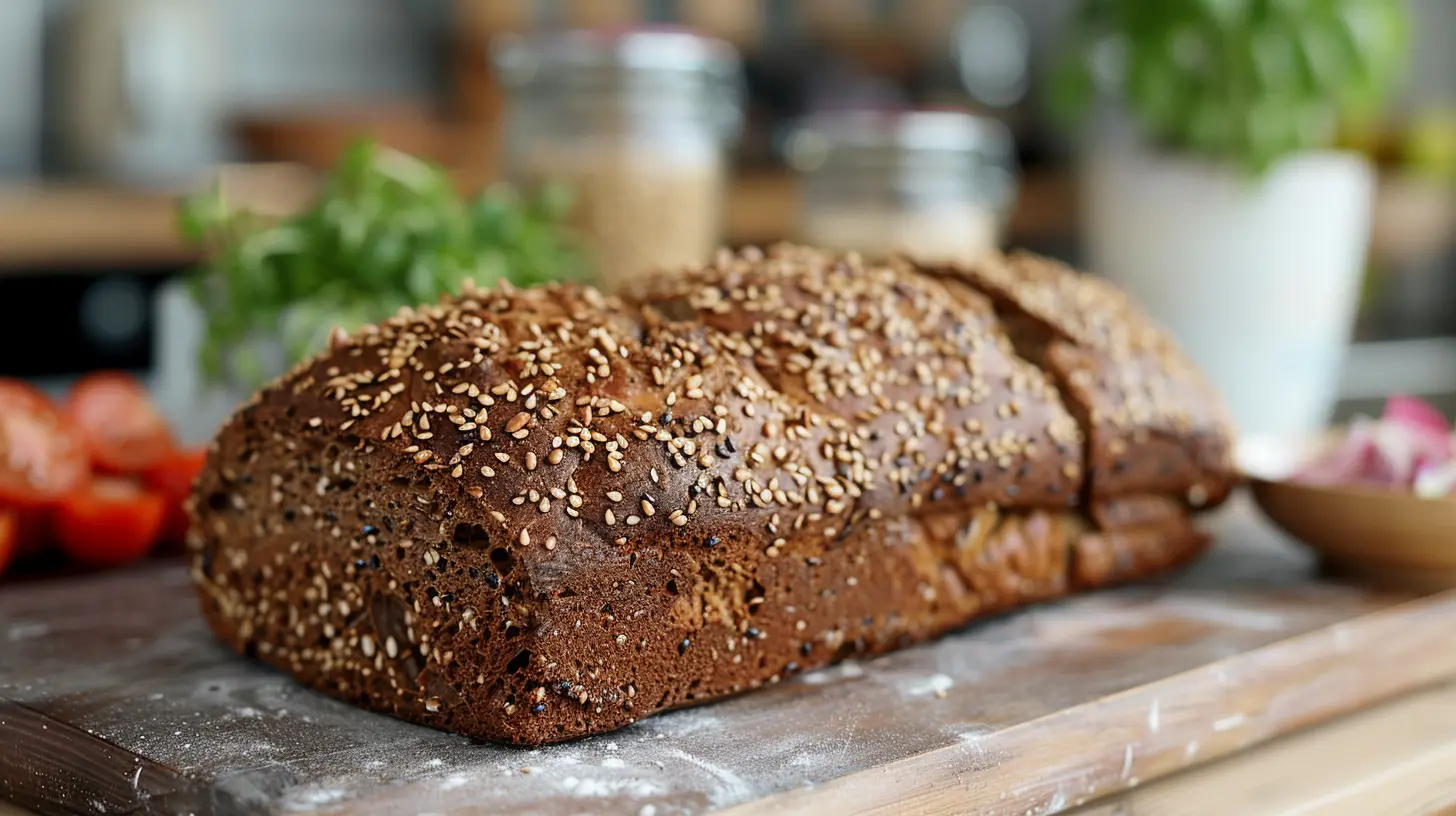
The Most Common Mistakes People Make
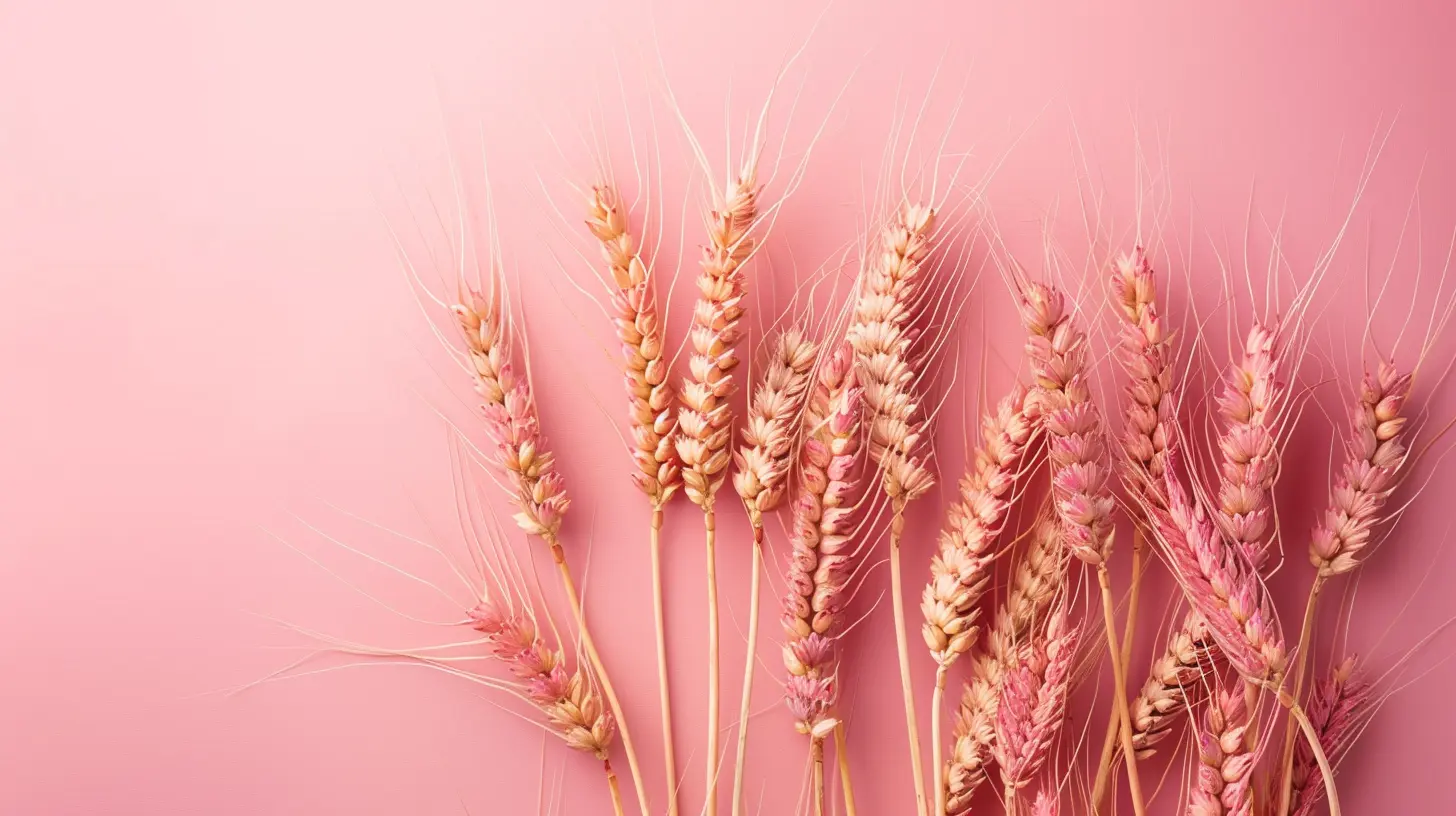
1. Not Doing Enough Research
Let’s be real – Google can be your best friend or your worst enemy. Some people hear "gluten-free" and think it’s as simple as swapping out a loaf of bread. But oh no, my friend, it’s way more complicated than that.Gluten hides in plain sight. It’s not just in baked goods; it lurks in processed foods, soups, gravies, and even your favorite coffee shop’s seasonal latte syrup. If you don’t read ingredient labels carefully or research gluten-free alternatives, you might accidentally be consuming it without even realizing it.
Pro Tip: Always check food labels. Look for the “Certified Gluten-Free” seal or scan for ingredients like wheat, barley, rye, or malt. The more you educate yourself, the fewer surprises you’ll have.
2. Assuming Gluten-Free Means Healthy
Let’s burst the bubble here: just because a product is labeled "gluten-free" doesn’t mean it’s good for you. That gluten-free muffin? Loaded with sugar. Gluten-free chips? Drenched in oil. Gluten-free doesn’t automatically mean it’s healthier; it just means the gluten is gone.Many gluten-free processed foods are packed with additives, fillers, and extra fat to make up for the texture that gluten usually provides. So, while they might be a lifesaver for convenience, consuming them in excess can sabotage your health goals.
What Can You Do? Focus on naturally gluten-free whole foods like fruits, vegetables, lean proteins, and gluten-free grains like quinoa, brown rice, and buckwheat. Your body will thank you.
3. Forgetting About Cross-Contamination
Cross-contamination is a sneaky little devil. If you’re someone who must avoid gluten for medical reasons, even trace amounts can cause issues. Many people starting out forget that gluten can transfer from one food item to another.Picture this: you’re sharing a kitchen with someone who eats gluten. They use the same toaster, the same cutting board, or the same knife without cleaning it first. Suddenly, your "safe" gluten-free bread isn’t really gluten-free anymore.
How To Avoid This? Consider having separate cookware, toasters, and utensils for gluten-free cooking. If that’s not possible, be extra diligent about cleaning – and never, ever double dip!
4. Not Consulting A Dietitian
Making a major dietary change like going gluten-free can feel overwhelming. Yet, so many people try to do it all on their own, relying on blogs or Instagram influencers for guidance. While some online info is helpful, nothing beats a qualified dietitian who can tailor advice to your specific needs.A dietitian can help ensure you’re still getting all the nutrients your body needs – because trust me, giving up gluten can leave gaps in your diet if you’re not careful. For example, gluten-containing grains are often fortified with B vitamins, which you might miss out on if you go gluten-free.
Bottom Line: Don’t wing it – seek professional guidance.
5. Giving Up Too Quickly
Let’s be honest – going gluten-free can feel like stepping into an alien world, especially in the beginning. The trial-and-error phase might be frustrating. It’s easy to feel like throwing in the towel when you accidentally eat something that makes your stomach do the cha-cha.But here’s the thing: any lifestyle change takes time. Your body also needs time to adjust, especially if you’ve been dealing with gluten-related health issues. Don’t beat yourself up over early mistakes; they’re part of the learning process.
Reminder: Practice patience, and give yourself grace. You’ll get the hang of it.
6. Relying Too Much On Gluten-Free Products
Gluten-free cookies? Gluten-free pizza? Gluten-free muffins? Yes, those things exist, and they’re tasty (sometimes). But if you’re constantly reaching for pre-packaged gluten-free products, you might be setting yourself up for a whole new set of problems.These products are often expensive and, as mentioned earlier, not always the healthiest. Plus, they can make your diet feel limited. Instead, experiment with cooking your own gluten-free meals. Who knows? You might discover some new favorite recipes!
7. Being Too Hard On Yourself
Okay, confession time: no one is perfect. Even the most diligent gluten-free eater will slip up at some point. Maybe you grab a slice of pizza at a party or forget to ask about gluten in your salad dressing. It happens.What’s important is to learn from your mistakes and move on. Obsessing over every little detail can make the process way more stressful than it needs to be.
Pro Tip: Celebrate small wins, like mastering your first gluten-free recipe or finding a gluten-free snack you actually love.
8. Not Checking Medications And Personal Care Products
Wait – gluten in medication? Yep, you read that right. Gluten can also be in medications, vitamins, and even beauty products. If you’re not double-checking, you could be unknowingly consuming gluten.Look for the hidden culprits, such as "wheat starch" in medications or "hydrolyzed wheat protein" in shampoos. It sounds bizarre, but it’s true!
What To Do: Ask your pharmacist if medications are gluten-free, and opt for gluten-free labels on personal care products if needed.
9. Overcomplicating The Process
One of the biggest rookie mistakes? Overthinking it. Going gluten-free doesn’t mean your meals need to become gourmet masterpieces or that you need to overhaul your entire lifestyle overnight.Tip: Start simple. Stock your kitchen with naturally gluten-free staples, like rice, eggs, chicken, veggies, and fruits. Build your meals around these, and gradually expand your gluten-free repertoire.
10. Believing It’s Just A Fad
Last but not least, some people approach going gluten-free as if it’s just another trendy diet. If you’re doing this for medical reasons, it’s not a choice – it’s a necessity. Treating it like a fad can lead to careless mistakes and a lack of commitment.Remember, your health is on the line. Taking gluten-free seriously means paying attention to details and sticking with it for the long haul. 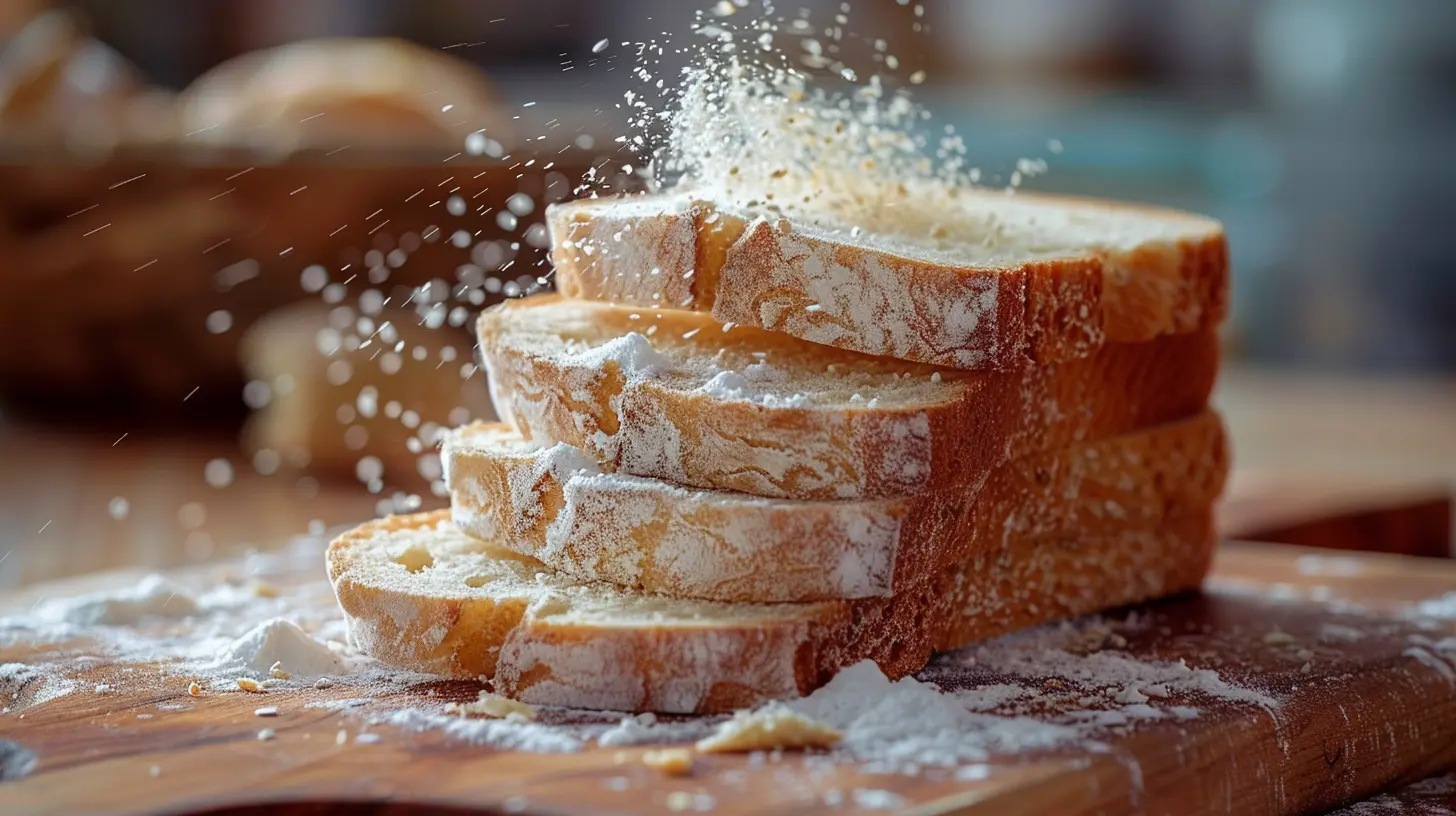
Conclusion
Switching to a gluten-free lifestyle can feel overwhelming at first, but avoiding these common mistakes will make your journey so much smoother. Remember, it’s not about being perfect right away – it’s about progress. Take it one step (or one meal) at a time, and you’ll find your groove.What’s the biggest takeaway here? Knowledge is power, so keep learning, stay patient, and don’t be afraid to ask for help. You’ve got this!
all images in this post were generated using AI tools
Category:
Gluten FreeAuthor:

Madeline Howard
Discussion
rate this article
10 comments
Helen McKinney
Great article! It’s essential to understand that going gluten-free doesn’t guarantee a healthy diet. Focus on whole foods and educate yourself about hidden gluten sources for better health outcomes.
April 4, 2025 at 5:03 PM

Madeline Howard
Thank you for your insightful comment! You're absolutely right—focusing on whole foods and staying informed about hidden gluten sources is key to a healthy gluten-free lifestyle.
Elias Hill
Thank you for sharing these insights! It's easy to overlook these details when starting a gluten-free journey. Very helpful!
March 16, 2025 at 4:17 PM

Madeline Howard
Thank you for your kind words! I'm glad you found the insights helpful. Best of luck on your gluten-free journey!
Fleur Brooks
Going gluten-free? It's like dating—lots of excitement, but watch out for red flags! Avoid these common mistakes to keep your gut happy and your taste buds dancing. Remember, gluten isn’t the only thing that can be a ‘no-go’!
March 6, 2025 at 3:23 PM

Madeline Howard
Great analogy! It's crucial to stay vigilant about hidden ingredients and ensure a balanced diet. Happy gluten-free journey!
Zadie Malone
Going gluten-free? Just don’t mistake your toast for a T-shirt!
February 27, 2025 at 5:51 PM

Madeline Howard
Thank you for the laugh! It's a reminder to stay mindful and informed while making dietary changes.
Callista Stevens
Many overlook hidden gluten sources and fail to ensure balanced nutrition, leading to deficiencies despite a gluten-free diet.
February 26, 2025 at 5:42 AM

Madeline Howard
Absolutely! It's crucial to not only eliminate gluten but also focus on a diverse and balanced diet to avoid nutritional deficiencies.
Cruz West
Going gluten-free doesn't mean just swapping bread; educate yourself or risk becoming a trendy but unhealthy fad!
February 24, 2025 at 5:59 AM

Madeline Howard
You're absolutely right! Going gluten-free requires more than just replacing bread; it's essential to understand nutrition and make balanced choices. Thank you for highlighting this important point!
Ximena Taylor
Misguided choices hinder benefits.
February 22, 2025 at 5:15 AM

Madeline Howard
Thank you for your insight! It's crucial to make informed decisions when going gluten-free to truly reap the benefits.
Hope Hall
“Embracing gluten-free requires awareness; true health lies in balanced choices, not just dietary restrictions.”
February 16, 2025 at 5:02 PM

Madeline Howard
Absolutely! Embracing a gluten-free lifestyle should focus on balanced nutrition and informed choices, rather than simply eliminating gluten.
Mallory McGee
Going gluten-free can be beneficial, but awareness is key. Avoid pitfalls like assuming all gluten-free foods are healthy or neglecting balanced nutrition. Focus on whole foods and consult a healthcare professional for guidance on this lifestyle change.
February 16, 2025 at 3:29 AM

Madeline Howard
Thank you for highlighting the importance of balanced nutrition and proper guidance when going gluten-free! Your insights are vital for making informed choices.
Kismet Monroe
Great insights! It's crucial to avoid common pitfalls when going gluten-free to ensure a balanced diet. Thank you!
February 9, 2025 at 5:11 AM

Madeline Howard
Thank you for your feedback! I'm glad you found the insights valuable. Staying informed is key to a healthy gluten-free journey!
MORE POSTS

Signs Your Child Might Need a Gluten-Free Diet

Breaking the Plateau: Tips to Keep Progressing in Your Workouts

Using Mindfulness to Build Healthy Boundaries
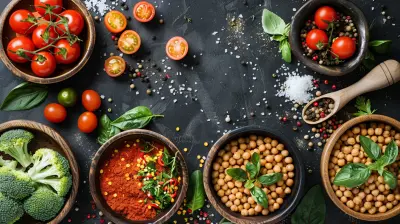
Mastering Flavorful Low-Sodium Cooking

Exploring the Latest Advances in Diabetes Research
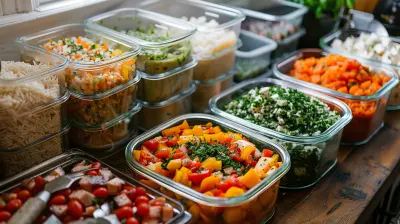
Gluten-Free Meal Prep for Busy Professionals

The Importance of Rest and Sleep in Muscle Recovery